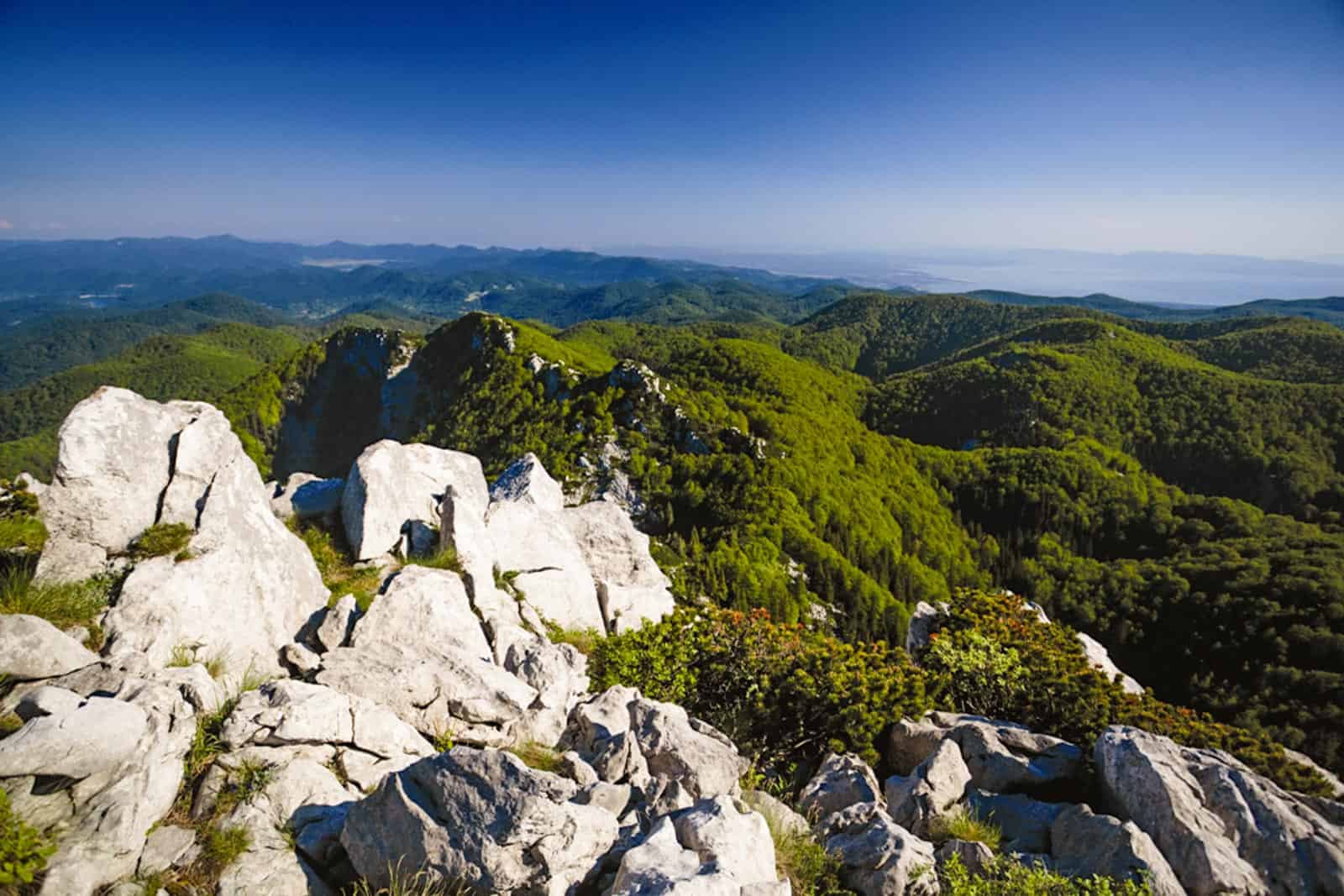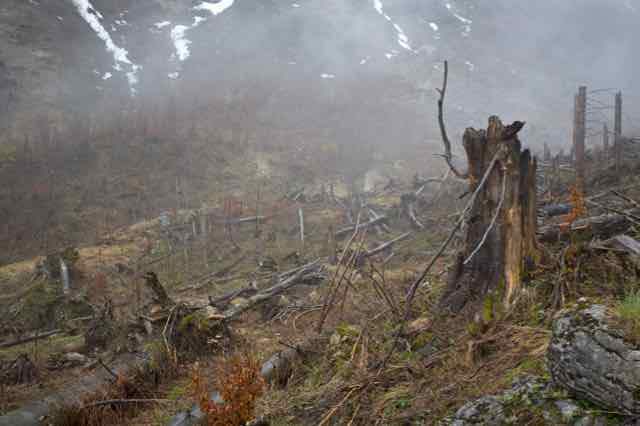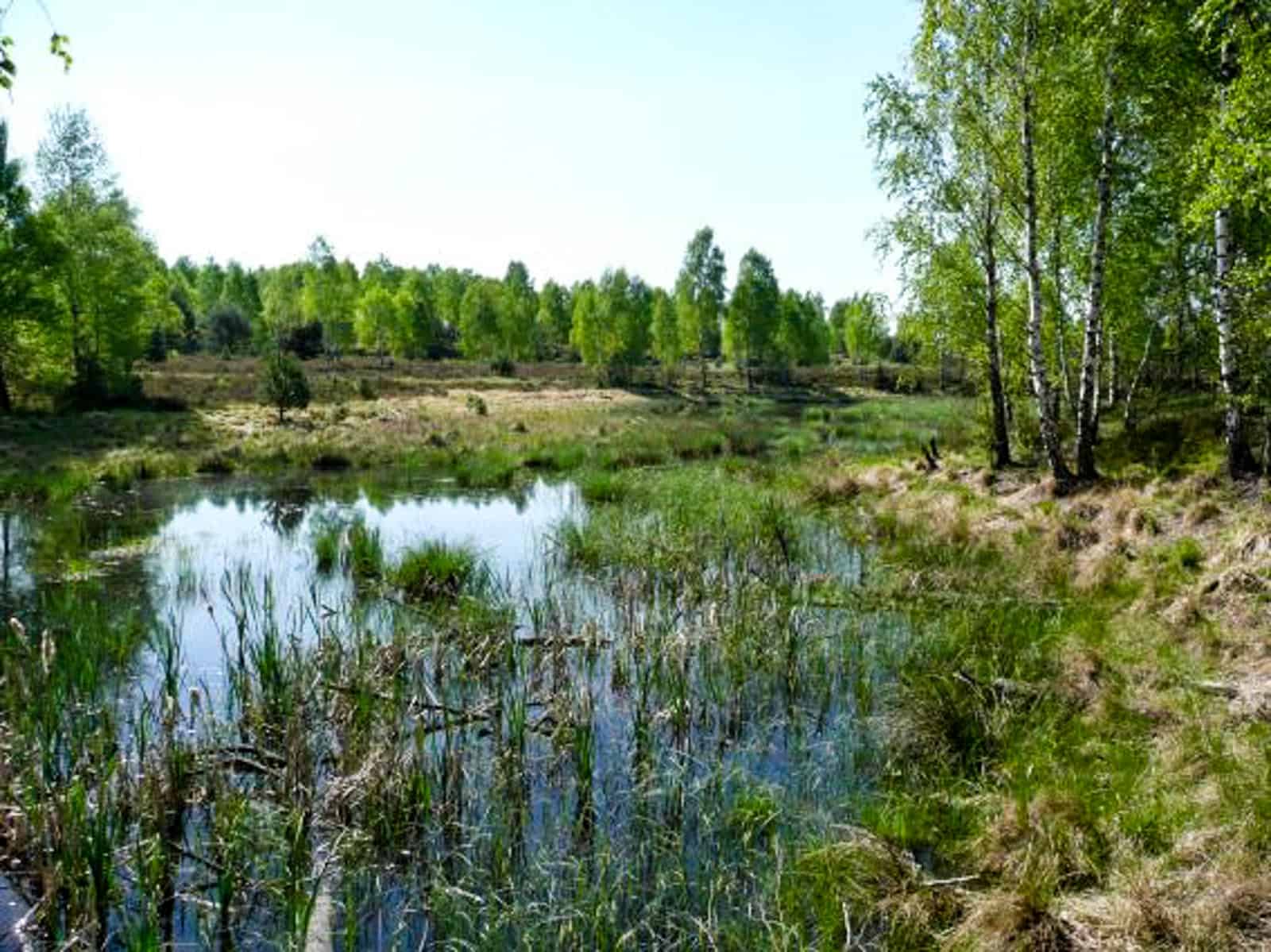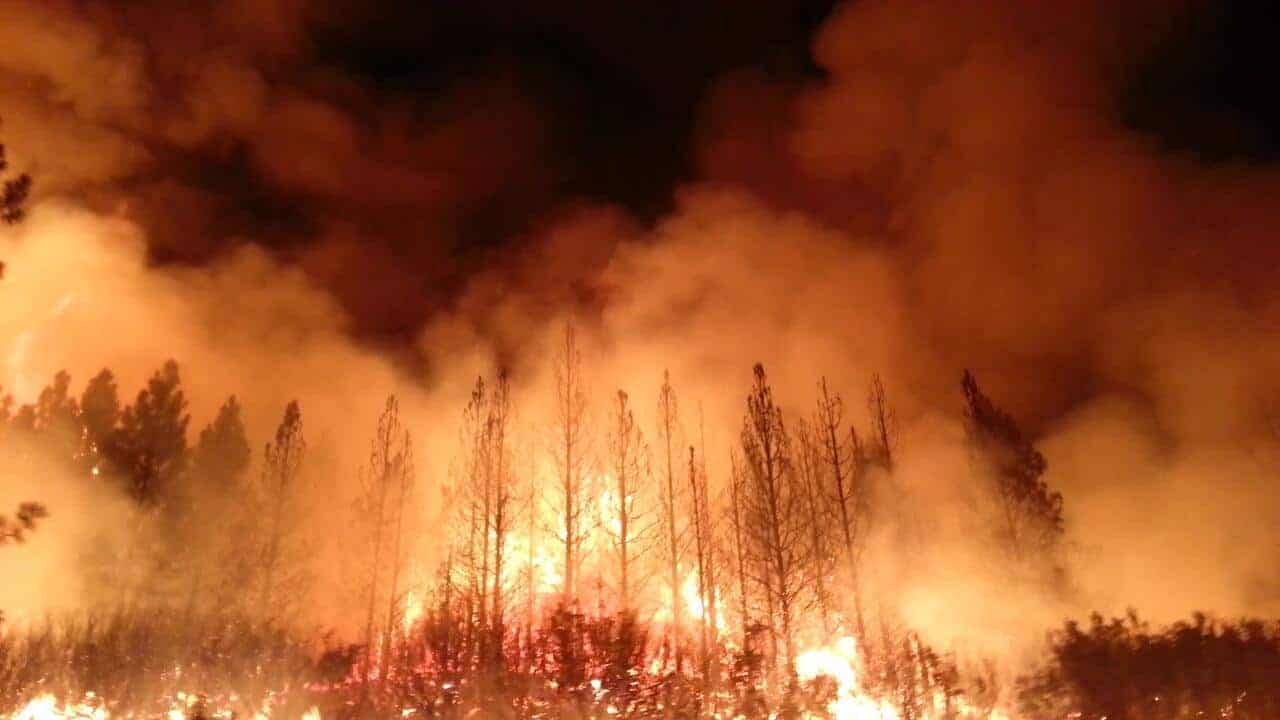Mountain ecosystems under threat
Overshadowed by Covid-19, 2020 was yet another year of heat records. The most northern point of Europe, Svalbard, hit a new temperature record with 22°C, which is 15°C above the average for July. In the Siberian Arctic, temperatures even hit 38°C, the highest temperature ever recorded above the Arctic circle. These records are not single events, but part of a rapid warming of the Arctic and other cold mountainous areas. The average temperature in the first half of 2020 was 7°C above average in Siberia. Without man-made climate change, the chances of this would be 1:80 000.
Please also read: Wilderness revival in Switzerland
Mountains everywhere lose snow and ice
All of these events are only the tip of the iceberg. An extensive study showed that snow decline affects 78% of all global mountain regions. In most areas, snow melts starts earlier due to higher temperatures, which leads up to 43 more days which are now snow-free compared to 2000. Glaciers show the same downwards trend. Every year, 1.3 Gt (1.3 trillion kg) of ice melt across glaciers in the Alps.
These changes have multiple implications on water resources, ecosystem services, tourism, and energy production.

Another study investigated the consequences of these changes in the mountains of the Alps and Apennines. They affect fundamental processes like the carbon and nitrogen cycles, changes the dynamics in lakes fundamentally and directly impacts species like the ibex.

Overheating destroys ecosystems
This also endangers the native Flora of the affected areas. In the German Alps, half of all mountainous plant species are endangered. They are not only threatened by a changing climate in their current habitat, but also by plants from lower altitudes that spread upwards due to the warming climate and create new competition. In addition, intense agriculture including pesticide use and extensive fertilization is spreading to higher elevations, where the specialized vegetation is highly vulnerable.
The climate overheating is especially dangerous in cold areas because it melts the permafrost, the ground that is normally frozen all year round. Melting permafrost makes the ground unstable and changes the ecosystem completely. In the Arctic, formerly solid ground turns into marshes and everything built on them starts sinking or breaking apart, including oil tanks that can cause huge damage. In the mountains, thawing permafrost and the rapid melting of glaciers has an even more immediate effect on human lives. This summer, a village in Italy near the Mont Blanc has been evacuated because part of the glacier was at the risk of collapsing. And rockfalls are increasing all over the Alps because the permafrost is no longer holding together fragile rock formations.
Alll of these events and studies show that we are in the midst of the climate crisis. And this crisis has the potential to completely alter many ecosystems around the world. The eternal ice in the far north and the tops of this world are the first victims.









